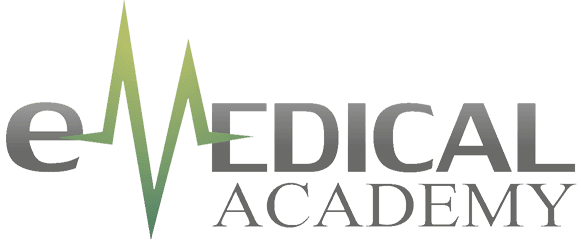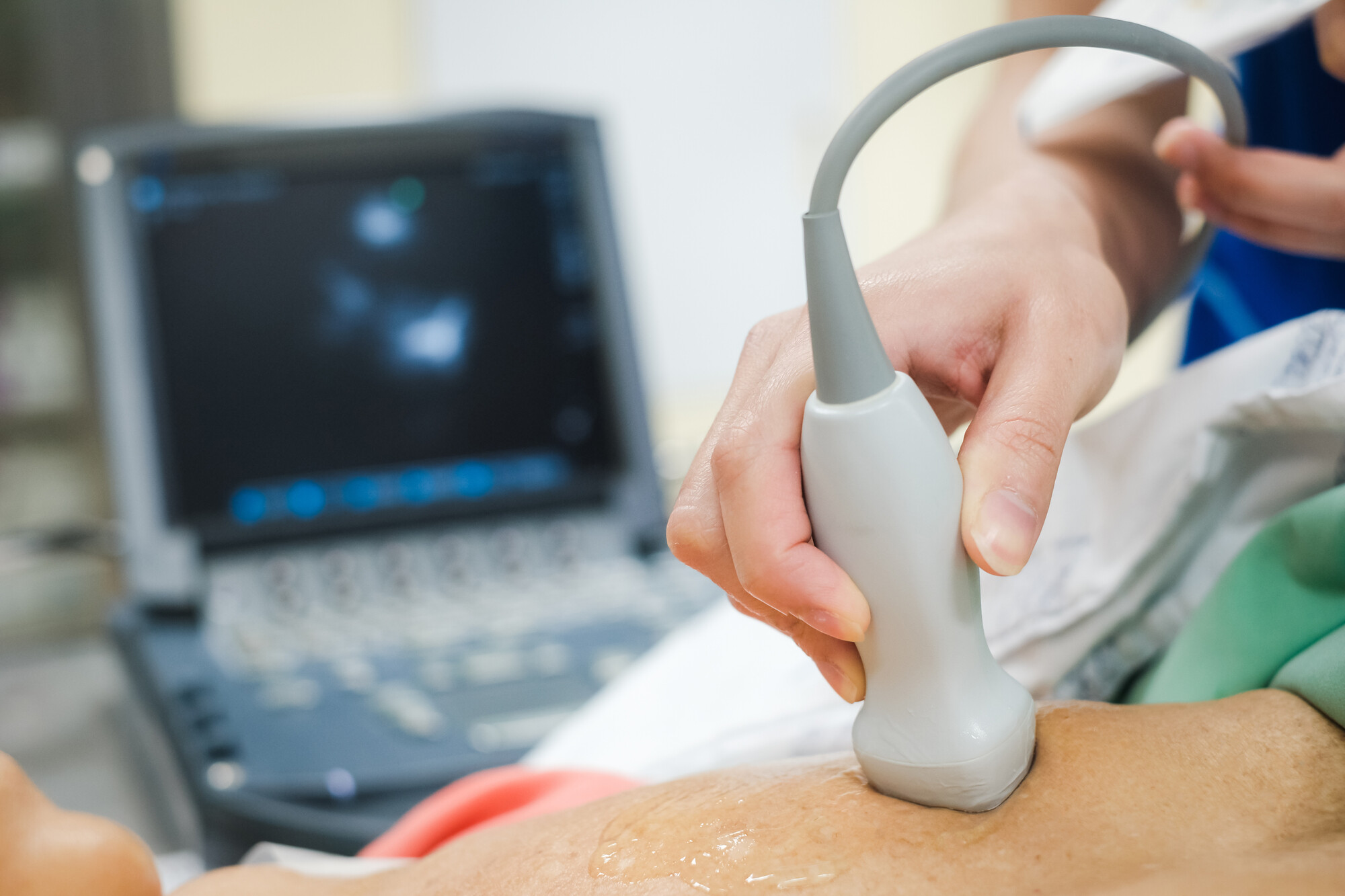Let’s talk about CCEeXAM prep….
What is the CCEeXAM?
The NBE recognizes non-cardiology physicians who successfully complete either the examination of Special Competence in Adult Echocardiography (ASCeXAM) or the Perioperative Transesophageal Echocardiography examination (PTE).
The National Board of Echocardiography, Inc. (NBE) is a non-profit corporation formed in December 1998. It was established to develop and administer examinations for Clinical Echocardiography. The board has developed a certification process that will publicly recognize physicians who have completed an approved training program in echocardiography and have passed the ASCeXAM or the PTE.
The recently added CCEeXAM—Examination of Special Competence in Critical Care Echocardiography —assures excellence in critical care ultrasound.
NBE suggests that due to the rapidly changing technology, echocardiographers take the CCEeXAM at least once every 10 years.
The CCEeXAM promotes continued excellence in performance and interpretation of cardiac ultrasound. This exam is generally in conjunction with other ongoing continuing medical education in the field. Exams are administered in the belief that the public wants an indication from the profession regarding those who have made the effort to optimize their skill in the performance and interpretation of critical care in echocardiography.
Applicants who wish to apply for CCEeXAM certification must hold a valid, unrestricted license to practice medicine at the time of application.
Geographical restrictions may be lifted for the CCEeXAM but are subject to approval. The Certification Committee will meet to review applications for certification. Applicants will be notified in writing of the decision the committee makes. Review of application for certification will be contingent on successful completion of the CCEeXAM or ASCeXAM.
https://www.echoboards.org/EchoBoards/News/2019_Adult_Critical_Care_Echocardiography_Exam.aspx
The CCeEXAM is a very difficult exam if you have not prepared ahead of time!
There are many technical questions and the CCEeXAM is very heavy in calculus. Most people need a refresher, even if you do something every day with ultrasound. NBE practice exams are helpful.
Preparing for the CCEeXAM ahead of time helps keep test anxiety at bay.
Below are some other coping strategies from the Mayo Clinic to aide in Test Anxiety.
- Learn how to study efficiently. You’ll feel more relaxed if you systematically study and practice the material that will be on a test.
- Study early and in similar places.It’s much better to study a little bit over time than cramming your studying all at once.
- Learn relaxation techniques.Perform relaxation techniques, such as deep breathing, relaxing your muscles one at a time, or closing your eyes and imagining a positive outcome will help you stay calm and confident right before and during the test.
- Don’t forget to eat and drink.Your brain needs fuel to function. Eat the day of the test and drink plenty of water. Avoid sugary drinks such as soda pop, which can cause your blood sugar to peak and then drop, or caffeinated beverages such as energy drinks or coffee, which can increase anxiety.
- Get some exercise.Regular aerobic exercise, and exercising on exam day, can release tension.
- Get plenty of sleep.Sleep is directly related to academic performance. We need a good night’s sleep for optimal work performance.
- See a professional counselor, if necessary.Talk therapy (psychotherapy) with a psychologist or other mental health professional can help you work through feelings, thoughts and behaviors that cause or worsen anxiety. Ask if your employer offers counseling through an employee assistance program.1
Mayo Clinic, Craig N. Sawchuk, Ph.D., L.P. 1https://www.mayoclinic.org/diseases-conditions/generalized-anxiety-disorder/expert-answers/test-anxiety/faq-20058195
eMedical Academy helps you prepare for the CCEeXAM Boards easily and efficiently.
Our question bank has over 300 CCEeXAM prep questions, with answers and detailed explanations for easy learning. Our sample CCEeXAM questions are divided into blocks with 10-20 questions in each block. Questions are also divided topic-based (e.g., physics, hemodynamics, etc.), or organized randomly for better practice.
Alternatively, you can take these questions in a “test mode” – timed questions – that mimic the CCEeXAM conditions.
In our CCEeXAM online prep course we also have 18 Webinars with world-experts in echocardiography and point-of-care ultrasound. The eMedical Academy CCEeXAM test demo is yet another excellent way for you to study and be prepared.
There is no doubt that hands-on practice of ultrasound image acquisition is critical to maximizing proficiency. You will still need to apply your knowledge in the clinical setting, even after taking the online course. But rather than cram a huge amount of clinical and practical information into a 1–3-day live course, you will have the flexibility to access eMedical Academy courses for 1, 2 or 3 months. This will allow you to learn at your own pace and convenience. You can take the time you need to retain the information.
eMedical Academy courses focus on skill and are applicable to any Point-of-Care ultrasound device. When you put the ultrasound probe on the patient’s body, you will have a robust clinical background (gained from eTopics), technical expertise in image acquisition and interpretation (from eViews and eClip courses), and experience applying the skills in a simulated clinical setting online (via the eCases). Rather than learning on the job, you can now approach a patient informed and proficient.
The eMedical Academy courses work on both Mac and PC operating systems. However, for best viewing experience, we recommend using Google Chrome (https://www.google.com/chrome/) since other browsers may create problems while viewing our courses. The eMedical Academy online courses work on most modern mobile devices, however we cannot guarantee that all mobile browsers will support our content.
 English
English
 Español
Español 

